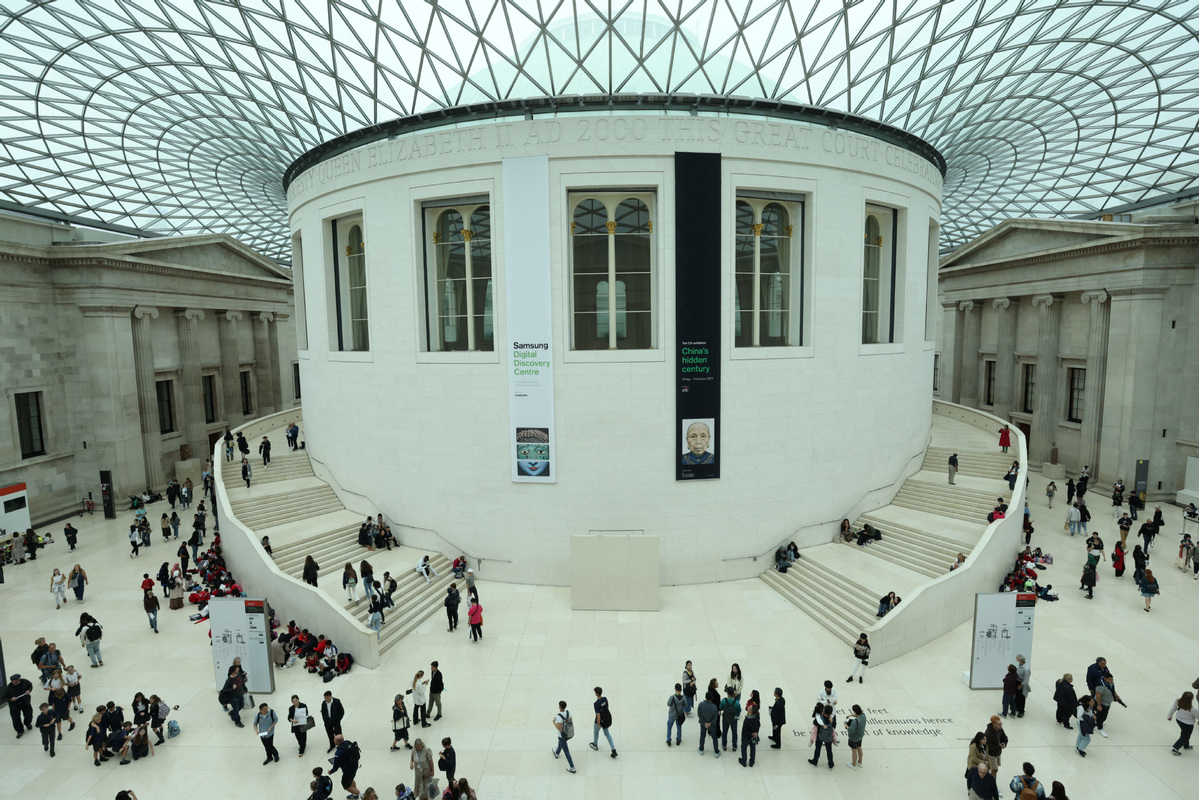Thefts prompt British Museum to digitize records


The British Museum has unveiled a 10-million-pound ($12.1-million) plan to digitize records for its entire collection after thousands of items were stolen because of flawed record keeping.
The museum in London, England reported in August that around 2,000 artifacts had been stolen or had gone missing, and that their absence had not been noticed for years because of the institution's antiquated records system.
The loss of the items, likely because of thefts by an employee, led to a huge scandal and the exit of the museum's director and the case is now being investigated by London's Metropolitan Police.
The museum said this week it hopes the digitization of its records will ensure it is not vulnerable to such thefts in future.
"Essentially, we were the victims of an inside job by someone, we believe, who over a long period of time was stealing from the museum and who the museum had put trust in," the Reuters news agency quoted the chairman of its trustees, George Osborne, as telling a parliamentary committee on Wednesday. "There are lots of lessons to be learned."
Osborne told lawmakers the thefts could have started around 25 years ago, and that some 350 items have since been traced and are set to be returned to the museum.
He said the perpetrator likely covered up the thefts by amending the museum's paper records.
The 2,000 missing items reportedly included gold jewelry and gems that date back to the Greek and Roman empires, with some subsequently popping up for sale online.
Osborne said the thefts have also prompted the museum to update its whistleblowing code, to encourage workers with information to come forward.
The museum's interim director, Mark Jones, said the digitization of the 8 million artifacts in its collection will likely take five years to complete and involve the creation of 2.4 million records.
"We have taken steps to improve security and are now confident that a theft of this kind can never happen again," he told lawmakers. "But we cannot, and must not, assume that the security of the collection, in a wider sense, can be achieved simply by locking everything away. It is my belief that the single most important response to the thefts is to increase access."
The Guardian newspaper said Jones also assured members of the parliamentary committee that the museum had taken other steps to protect its collection.
"We have changed the rules governing access to strong rooms," he said. "Now, there is nobody who is allowed to go into a strong room on their own, and that, with a whole lot of other measures, should ensure that the kind of theft that has happened couldn't happen again."































